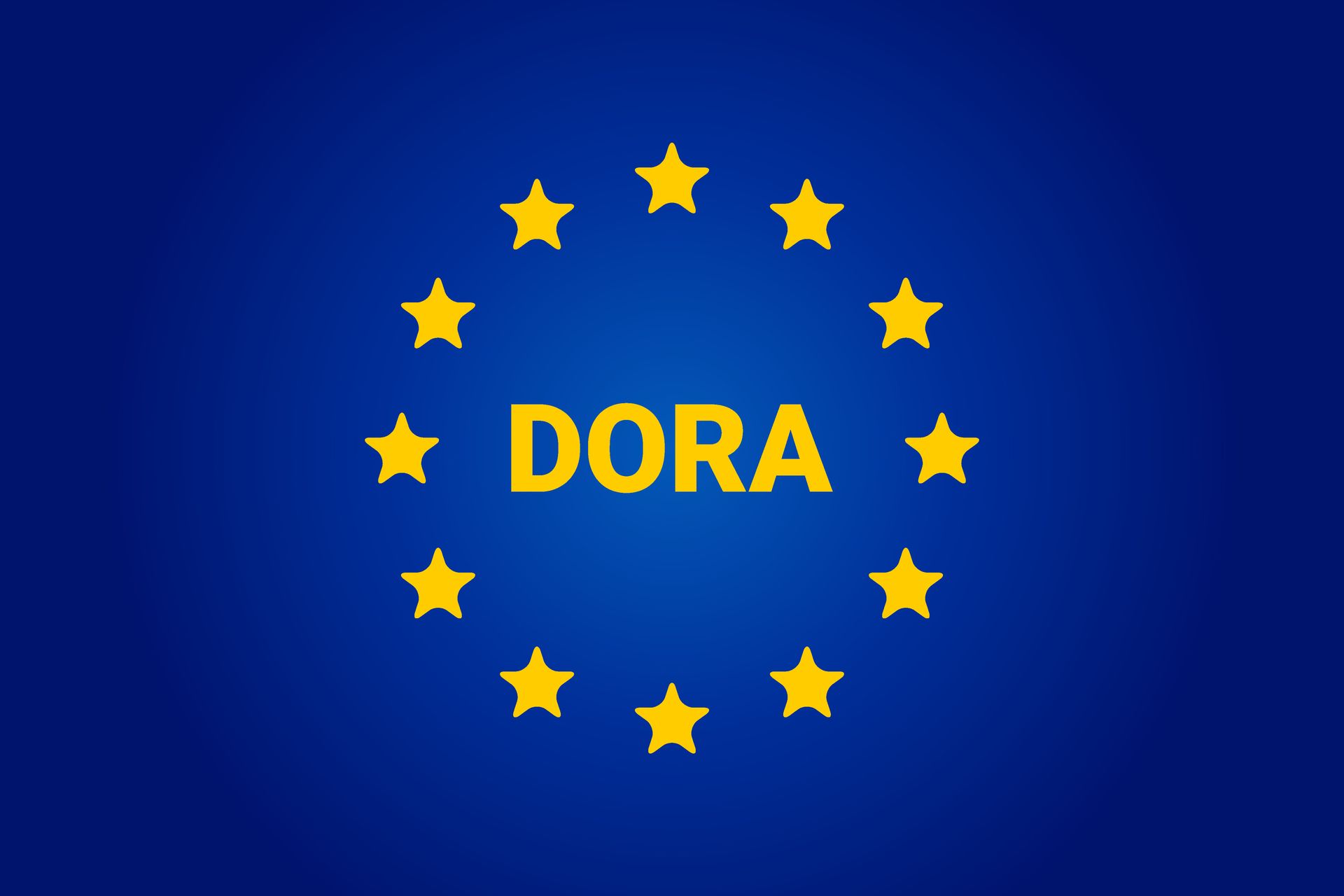Unlocking DORA
What the Digital Operational Resilience Act (DORA) Means for UK Businesses
In an era where cyber threats are escalating and the digital ecosystem is becoming ever more complex, the Digital Operational Resilience Act (DORA) marks a major milestone in the European Union’s regulatory landscape. Although primarily designed for EU financial entities, DORA has far-reaching implications that UK businesses, particularly those with EU operations or customers, cannot afford to ignore. But what does DORA mean for UK businesses? How does it apply outside the EU? And what strategies can UK organisations adopt to align with its principles?
This blog delves deep into DORA, unpacking its key provisions, its impact on UK businesses, and actionable insights for compliance.
What is DORA and Does It Really Matter?
The Digital Operational Resilience Act (DORA) is an EU regulation aimed at strengthening the resilience of financial institutions against digital disruptions. Officially adopted in 2022 and slated for enforcement by January 2025, it establishes stringent requirements for operational continuity in the face of cyber risks, IT failures, and third-party disruptions.
DORA applies to a wide array of financial entities, including:
- Banks
- Insurance companies
- Investment firms
- Credit rating agencies
- Payment service providers
For UK businesses, the importance of DORA stems from three key factors:
- Cross-Border Operations: UK financial firms operating in the EU must comply with DORA.
- Supply Chain Dependencies: Vendors providing critical IT services to EU firms fall under DORA’s purview.
- Global Standards Influence: DORA sets a benchmark for operational resilience, influencing regulators worldwide.
Key Pillars of DORA
To understand DORA's impact, we should break down its five core pillars:
1: ICT Risk Management
DORA mandates that financial entities establish comprehensive frameworks to manage ICT (Information and Communication Technology) risks. This includes identifying vulnerabilities, conducting regular risk assessments, and implementing mitigation measures.
Example: A UK-based fin-tech serving EU customers must document its risk management processes, ensure adequate firewall protections, and establish clear incident response plans. Failure to demonstrate these capabilities could result in hefty fines or loss of market access.
2: ICT Incident Reporting
Under DORA, organisations must report significant ICT incidents to their national competent authority (NCA) within tight time frames. This ensures transparency and swift regulatory oversight.
Example: If a UK payment processor with EU clients experiences a ransomware attack affecting transaction processing, it must report the incident to relevant EU authorities within hours, detailing its impact and response measures.
3: Operational Resilience Testing
Entities are required to conduct regular stress testing of their ICT systems to ensure they can withstand extreme but plausible scenarios. Advanced Threat-Led Penetration Testing (TLPT) may also be mandated for critical operations.
Example: A UK insurance firm with EU customers could engage an ethical hacking team to simulate an attack on its claims processing system, ensuring that vulnerabilities are identified and addressed proactively.
4: Third-Party Risk Management
DORA places significant emphasis on monitoring third-party ICT providers. Financial firms in particular must establish contracts that include robust service level agreements (SLAs), exit strategies, and contingency plans for disruptions.
Example: A UK asset manager relying on a cloud service provider for EU operations must ensure that the provider meets DORA’s resilience requirements and has a backup plan for data retrieval in the event of a service outage.
5: Information Sharing
The regulation encourages financial entities to collaborate and share insights about emerging threats and best practices, fostering a collective defense against cyber risks.
Example: A UK financial institution participating in an EU cybersecurity forum may benefit from shared intelligence about a phishing campaign targeting the sector, allowing it to strengthen its defenses preemptively.
How Does DORA Impact UK Businesses?
Although DORA is an EU directive, its implications for UK businesses are significant and far-reaching. For UK firms operating within the EU, compliance with DORA is mandatory. Financial institutions with subsidiaries or branches in EU countries must align their ICT policies, train staff to understand and implement these regulations, and establish robust incident reporting protocols.
Failure to comply could result in regulatory penalties or loss of access to the EU market, making adherence essential for continued operations and competitiveness.
The regulation also affects third-party service providers, particularly those offering ICT services to EU financial institutions. For example, a UK-based software company providing banking solutions to EU clients must meet DORA’s stringent security requirements to maintain those relationships. This may involve implementing advanced cybersecurity measures, ensuring data integrity, and conducting regular resilience testing. Compliance not only secures existing clients but also positions the provider as a trustworthy partner in the competitive EU market.
Even UK firms outside DORA’s direct jurisdiction face indirect impacts. Competitive pressures may drive businesses to adopt DORA’s principles as a marker of operational resilience and reliability. For instance, a London-based hedge fund seeking to attract EU investors might find that demonstrating adherence to DORA-aligned practices enhances its credibility. By showcasing robust digital resilience measures, the firm could gain a competitive edge in securing business opportunities within the EU financial ecosystem.
In essence, DORA’s influence extends well beyond its geographic scope, shaping the way UK businesses approach digital resilience and operational security in a globally interconnected market.
Key Challenges Faced in Adopting DORA
Implementing the requirements of DORA poses significant challenges, particularly those striving to maintain compliance while balancing operational demands. One of the primary hurdles is the issue of resource constraints. Smaller business often lack the financial and human capital needed to conduct comprehensive resilience testing or establish robust incident reporting protocols. These resource limitations can hinder their ability to fully meet DORA's stringent requirements, potentially exposing them to regulatory and operational risks.
Another challenge lies in managing complex supply chains. Many UK businesses rely on an intricate network of third-party providers for critical ICT services. Monitoring and enforcing compliance across this web of suppliers can be daunting, especially when these third parties are also subject to DORA’s strict provisions. Ensuring that each link in the chain meets the required standards, demands meticulous oversight and robust contractual agreements.
The rapidly evolving nature of cyber threats further complicates DORA compliance efforts. Cyberattacks are becoming increasingly sophisticated, requiring businesses to invest continuously in cutting-edge technology and skilled personnel. Staying ahead of these threats is an ongoing battle, and for many organisations, the pace of change can feel overwhelming.
To add to this, UK firms must navigate the potential overlap between DORA and domestic regulations, such as the FCA’s operational resilience framework. This dual regulatory environment can create confusion and increase the administrative burden for businesses, as they must align their practices with multiple sets of rules. Ensuring compliance across jurisdictions demands a strategic approach and often necessitates external expertise.
The UK is currently reviewing EU regulations, including DORA, and appears poised to adopt its own version of the Digital Operational Resilience Act. This intention was signaled during the King's Speech on 17 July 2024, when the UK government announced plans for a Cyber Security and Resilience Bill (CS&R Bill). Expected to be introduced to Parliament in 2025, this legislation is likely to further enhance regulatory compliance requirements, aligning the UK with global standards for digital resilience.
Despite these challenges, addressing these issues proactively can position UK businesses as leaders in digital resilience, helping them to meet regulatory requirements while safeguarding their operations in an increasingly digital world.
What Can UK Businesses Do to Align with DORA
To align with DORA, businesses must recognise that there is no one-size-fits-all solution. The most effective approach involves implementing robust strategies tailored to their specific needs, complemented by multiple layers of security to ensure comprehensive protection and compliance.
Steps you can take as business should include but not be limited to;
1: Conduct a Gap Analysis
Assess your current ICT risk management framework against DORA’s requirements. Identify areas needing improvement, from incident reporting protocols to third-party oversight.
2: Strengthen Cyber Defenses
Invest in advanced cybersecurity tools, such as:
- Intrusion Detection Systems (IDS)
- Endpoint Protection Platforms (EPP)
- Managed Detection & Response, across Endpoints & Cloud Services (MDR)
- Data Loss Prevention Solution (DLP)
- Managed External & Internal Penetration Testing
- Real-time threat intelligence feeds
- Security Awareness Training
To name just a few!
3: Formalise Incident Reporting
Develop clear procedures for detecting, documenting, and reporting ICT incidents.
Assign responsibility to a dedicated team or individual.
4: Engage Third-Party Providers
Work closely with vendors or MSP's like ourselves to help ensure compliance with DORA. Negotiate contracts that include resilience metrics, audit rights, and contingency plans.
5: Train Employees
Educate staff about their roles in maintaining digital resilience, from recognising phishing attempts to adhering to incident response protocols.
6: Simulate Threat Scenarios
Conduct regular drills to test your organisation’s response to cyberattacks, system failures, and data breaches.
7: Leverage Technology
Utilise tools like Governance, Risk, and Compliance (GRC) software to streamline compliance efforts and maintain an audit trail.
There are Benefits to Being DORA Compliant!
Although DORA presents a demanding set of requirements, the rewards for compliance are well worth the effort!
Aligning with DORA not only ensures regulatory adherence but also unlocks a range of strategic advantages that can drive growth, bolster reputation, and enhance long-term resilience of any business.
Breaking it down, here’s how DORA compliance can deliver tangible benefits to your organisation.
Building Trust and Confidence
DORA compliance demonstrates a business’s commitment to operational resilience and robust risk management, which are critical factors for earning trust. Clients, partners, and investors are increasingly prioritising organisations that can safeguard their operations against cyber threats and digital disruptions. By meeting DORA’s rigorous standards, businesses can position themselves as reliable and secure partners, fostering stronger relationships and long-term loyalty in competitive markets.
Ensuring Regulatory Readiness
The financial sector is no stranger to evolving regulatory landscapes. DORA sets a new benchmark for operational resilience, and aligning with its principles prepares businesses for future regulations that may adopt similar frameworks. Proactively meeting these standards enables organisations to stay ahead of the curve, ensuring seamless compliance as new requirements emerge. This forward-thinking approach reduces the risk of penalties and operational disruptions linked to regulatory changes.
Strengthening Cybersecurity
With cyber threats an ever-present risk for businesses. DORA’s focus on proactive ICT risk management equips organisations with the tools and processes needed to minimise vulnerabilities and mitigate the impact of incidents. By investing in enhanced cybersecurity measures, UK firms can protect critical systems, secure sensitive data, and reduce the likelihood of costly breaches. This not only safeguards operations but also enhances an organisation’s overall resilience.
Gaining a Competitive Edge
For UK businesses operating in or seeking to expand into the EU market, DORA compliance can be a game-changer. Adhering to the regulation’s stringent requirements sets organisations apart from competitors, particularly when securing contracts with EU financial institutions. Demonstrating DORA-aligned practices signals a commitment to operational excellence, providing a unique selling point that can open doors to lucrative partnerships and business opportunities.
Final Thoughts on The Future of DORA and UK Regulation
DORA sets a high bar for operational resilience, and its influence is already being felt beyond EU borders. UK regulators, including the FCA and PRA, are likely to incorporate DORA’s principles into their frameworks. This alignment could lead to a more harmonised approach, simplifying compliance for firms operating across jurisdictions.
For UK businesses, DORA represents both a challenge and an opportunity. While compliance demands significant effort, the benefits—enhanced security, stronger client relationships, and a competitive edge—are well worth the investment. By taking proactive steps to align with DORA’s principles, UK firms can position themselves as leaders in operational resilience, ready to thrive in an increasingly interconnected and vulnerable digital landscape.
With the Cyber Security and Resilience Bill (CS&R Bill) on the horizon for the UK, its an interesting landscape that is not only set to evolve in the coming months with even greater need for UK Business remain focused on whats to come.
Interested To Know More? Get in touch
If you found this blog helpful, book a call today. Explore additional strategies and learn how NSM Services can help your business.








